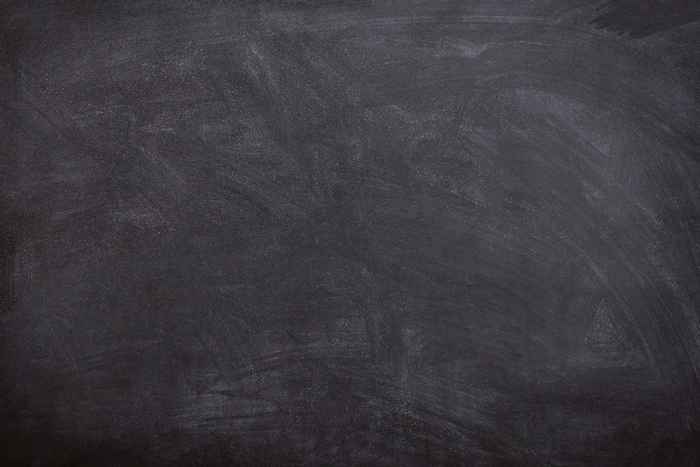Fall 2021 Techniques in Stochastic Processes, Densely many body entangled quantum matter, and the SYK model.
- Start date
- 6 September 2021
- End date
- 20 December 2021
- Time
- 11:00
The course consists of three 5-week modules. Each module consists of four lectures and exercise sessions, as well as an exam. Lectures will take place on Monday's at 11:15-13:00, followed by a study/exercise session 13:45- end.
At the end of the module there is an exam. All exams will be graded with a pass or fail. You need to pass all three exams to receive credit for the course.
We expect that in-person (or hybrid) teaching will be possible, with the location of this course rotating between the three institutes. The first module is in Utrecht. Directions to the institutes can be found here: Amsterdam, Utrecht, Leiden. Students who do not have an OV-card from the Dutch government can have their travel costs reimbursed from D-ITP. Please contact the local coordinator (below) for details.
Please register here before the course begins, even if you do not take the course for credit. We cannot process your grade or send important notices if you do not register.
Module 1: Farshid Jafarpour (UU)
Techniques in Stochastic Processes
Lectures: Sept 6, 13, 20, 27 = Room: BBG 7.12 and MS Team
Exam: Oct 11, Room TBA
An overview of three classes of stochastic processes, their relationships, and applicable techniques. (1) Discrete-time, discrete-state processes: Bernoulli Process, Branching Processes, Discrete Random Walks, (2) Continuous-time, discrete-state: Poisson Process, Birth-Death Processes, Radioactive Decay, Chemical Reactions (3) Continuous-time, continuous state: Brownian Motion and Continuous Random Walks, Langevin Equation, Stochastic Differential Equations. In this course, students will learn the following concepts and techniques: Generating Functions, Master Equations, Kramers-Moyal Expansion, Fokker-Planck Equation, Dynamics of Moments and Temporal Statistics, Decomposition of Noise to Intrinsic and Extrinsic Components, and time permitting, Numerical Techniques such as Gillespie Algorithm and Euler Method for Simulating SDEs.
Module 2: Jan Zaanen (Leiden University)
Quantum field theory 2.0: densely many body entangled quantum matter
Lectures: Oct 18, 25, Nov 1,8, room TBA
Exam: Nov 15. room TBA
Abstract: Propelled by progress in quantum information, experimental developments in condensed matter physics and especially the holographic duality of string theory mankind is in the process of discovering states of matter that are completely different from the textbook lore. These are in the grip of “quantum supremacy”, the exponential complexity of quantum many body physics. I will present an elementary overview that revolves around recent developments in high energy-, condensed matter and computational physics.
Lecture 1: Stoquastic physics: short range entanglement versus the quantum critical point.
Lecture 2: The Fermion sign problem, introduction to AdS/CFT
Lecture 3: The holographic strange metals
Lecture 4: Quantum supremacy and the physics of high Tc superconductors
Module 3: Micha Berkooz (Weizmann/UvA)
The SYK model, quantum chaos and low dimensional gravity
Lectures: Nov 22, 29, Dec 6, 13, rooms TBA
Exam: Dec 20, room TBA
Abstract: The Sachdev-Ye-Kitaev (SYK) model, and its generalizations, sit at the interface of quantum gravity, condensed matter physics and quantum chaos. It is a tractable large N model of interacting particle, with a random all-to-all p-local interaction, and it is dual to 2D gravity on nearly-AdS spacetime. In the lectures we will discuss 1) basic aspects and observables of classical and quantum chaos, 2) set up the SYK model and solve it using the replica method and using combinatorial tools (related to non-commutative geometry), 3) discuss the dual JT gravity model and use the above to discuss wormholes in low dimensional gravity.
Contact
Dr. Lars Fritz, Institute for Theoretical Physics, Utrecht University , email: l.fritz [AT] uu.nl
Prof. Koenraad Schalm , Instituut-Lorentz for Theoretical Physics, Leiden University , email: kschalm [AT] lorentz.leidenuniv.nl
Dr. Wouter Waalewijn , Institute for Theoretical Physics, University of Amsterdam , email: w.j.waalewijn [AT] uva.nl
Administrative:
Mariëlle Hilkens, Institute for Theoretical Physics, Utrecht University
e-mail: m.e.t.hilkens [AT] uu.nl
